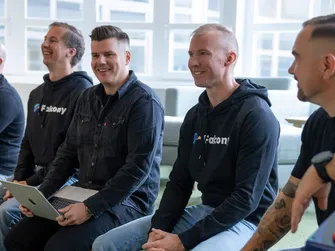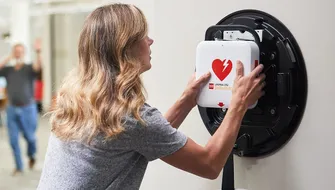We began our collaboration with the gardening industry online store in March 2020. The advertising had previously been managed internally, but we wanted to bring an external perspective to the advertising execution. We audited the advertising account before starting the collaboration - it was clearly evident from the data that we could make a significant improvement in advertising performance.
The two main problem areas in the advertising account were as follows:
The ads were appearing with too broad targeting, leading to the budget being wasted on irrelevant clicks. This is a problem faced by almost every company. Broad match type is typically used for keywords, which is almost always the least effective option. Broad match causes ads to appear often for search terms that have no relevance to the products or services sold by the company.
The ad messages and landing pages were often irrelevant. This is also a common issue for most companies. In Google advertising, the ad message must be as relevant as possible - meaning the ad must address the topic the searcher is looking for information on. Additionally, the ad must direct to a landing page that deals with that specific topic (landing page = the web page where those who click on the ad end up). This is known as addressing the searcher's search intent, and it is one of the fundamental principles of Google advertising.
After the audit, we rebuilt the advertising account. We were able to improve all advertising metrics right from the start of the collaboration. At the time of writing this case study (April 27, 2020), there has been just under 2 months of advertising, and the key metrics have improved as follows:
Cost per conversion was €28 in the previous year, meaning it took €28 in advertising spend to generate one sale. We were able to reduce the cost per conversion to €4.37, which means the company can now generate one sale with 84% lower costs.
Return on advertising spend (ROAS) was 255% in the previous year, meaning every euro spent on advertising generated €2.55 in revenue. We increased the ROAS to 1591%, meaning every euro spent on advertising now generates 6.25 times more revenue than before.
Methodology: In this case study, we compared the previous year's data for the entire duration of our collaboration (March 1 - April 27, 2020) with the data collected during this period (there was no advertising in the early part of the year, so the previous year serves as the benchmark). Any search terms that mentioned the company's name were excluded from both time periods (including these search terms would have shown an even more significant improvement, but it would skew the results). The data collected from advertising has not been manipulated in any other way.
(Note: The metrics and numbers mentioned in this case study are hypothetical and for illustrative purposes only.)




